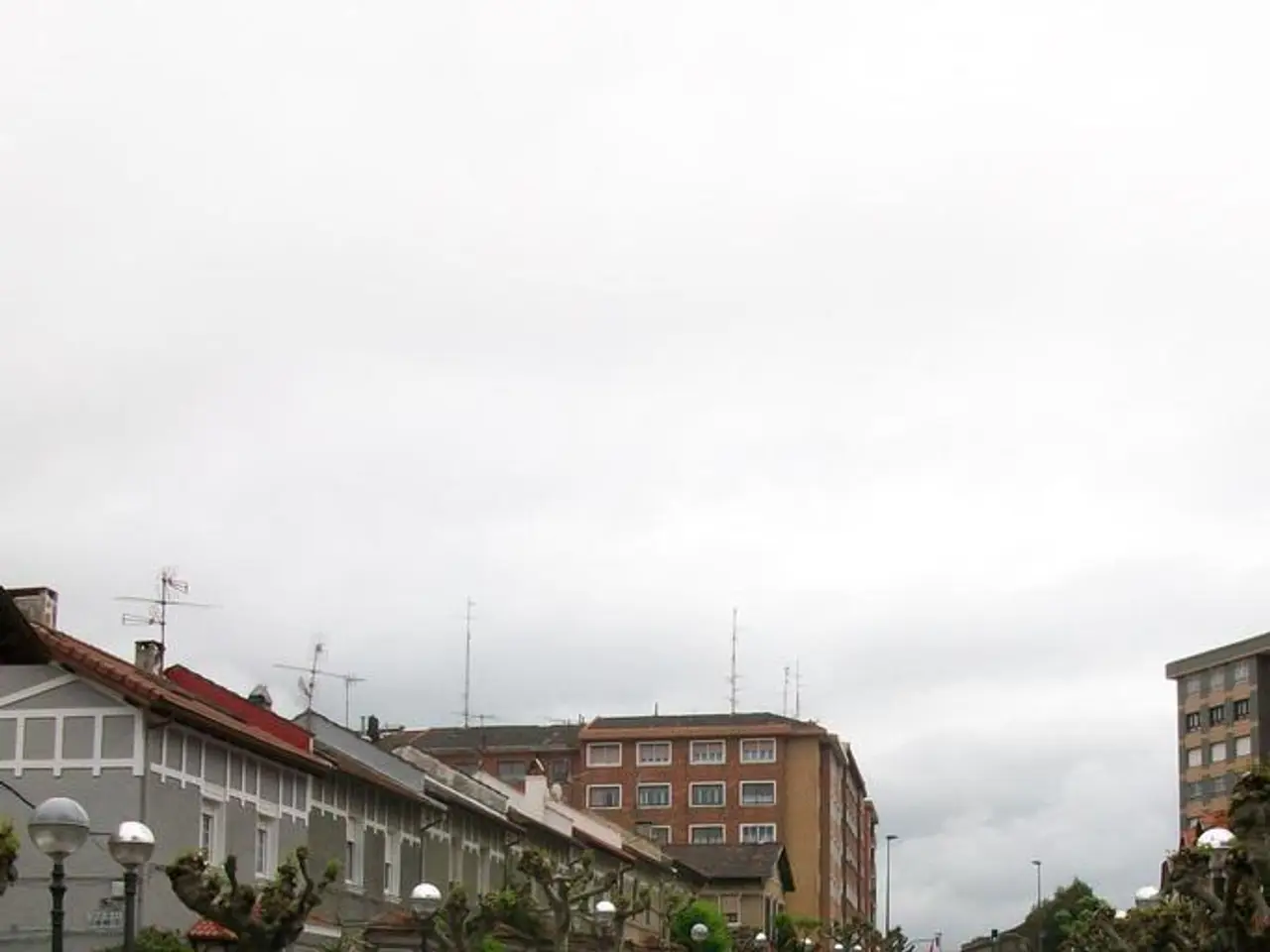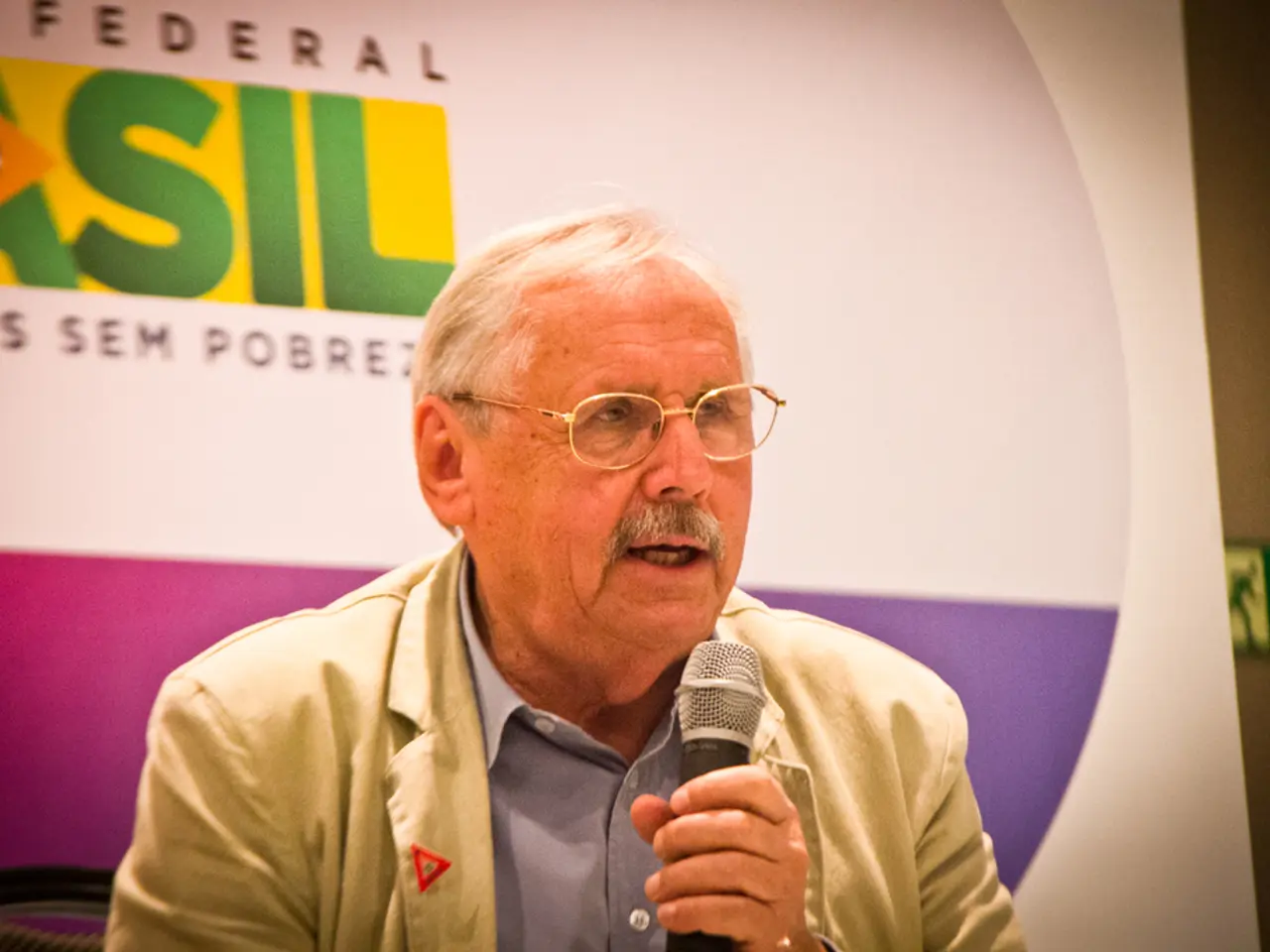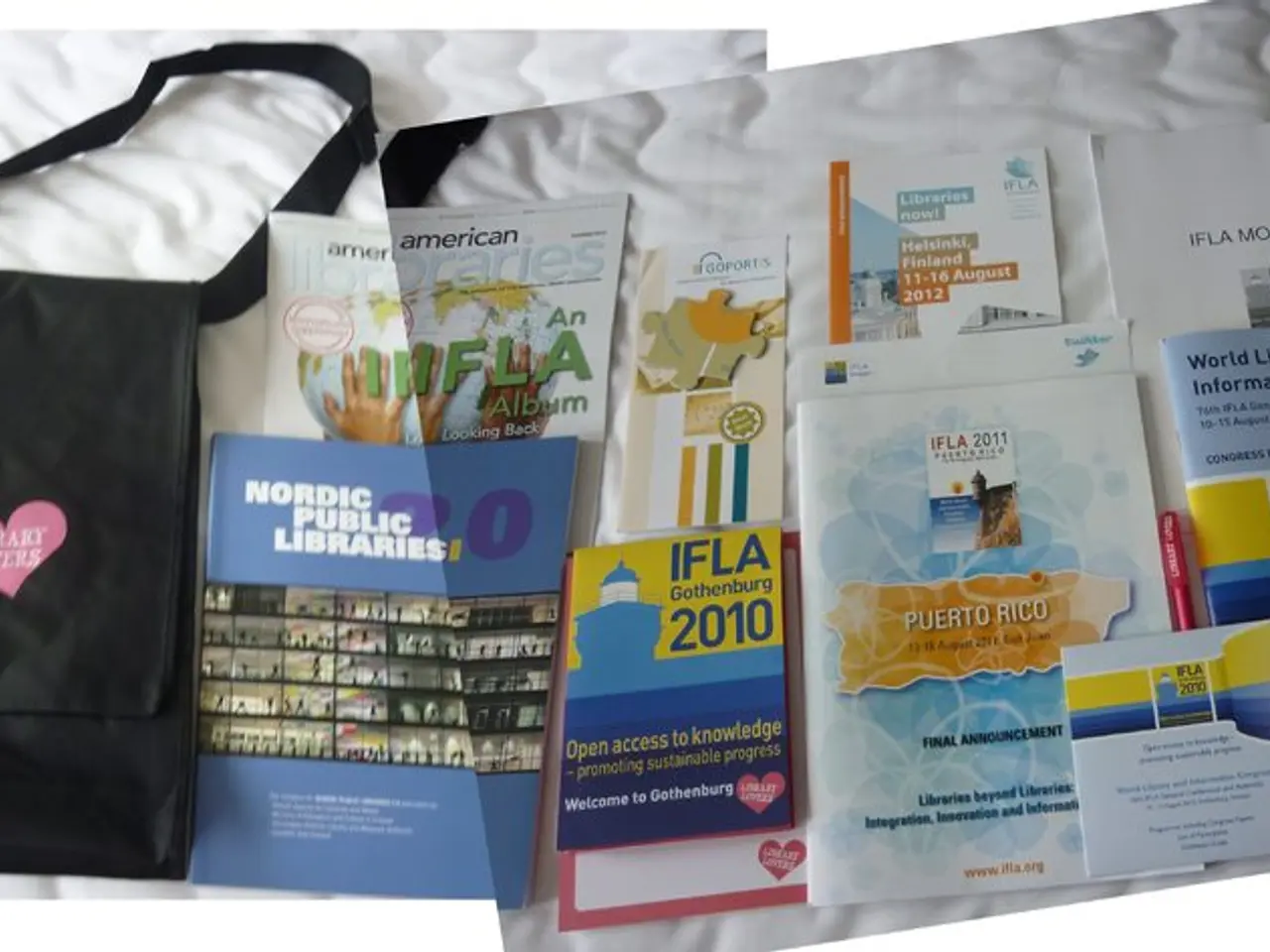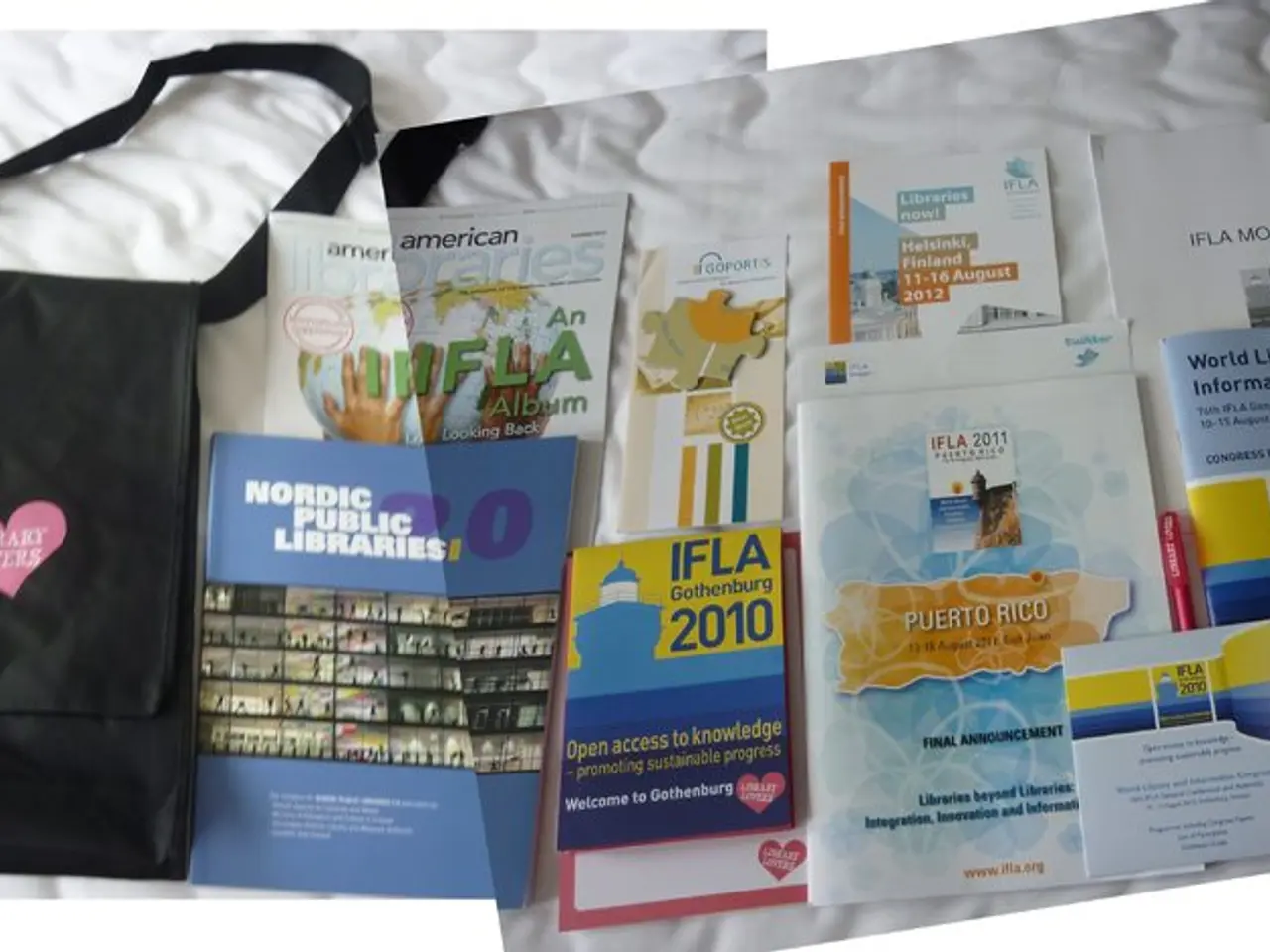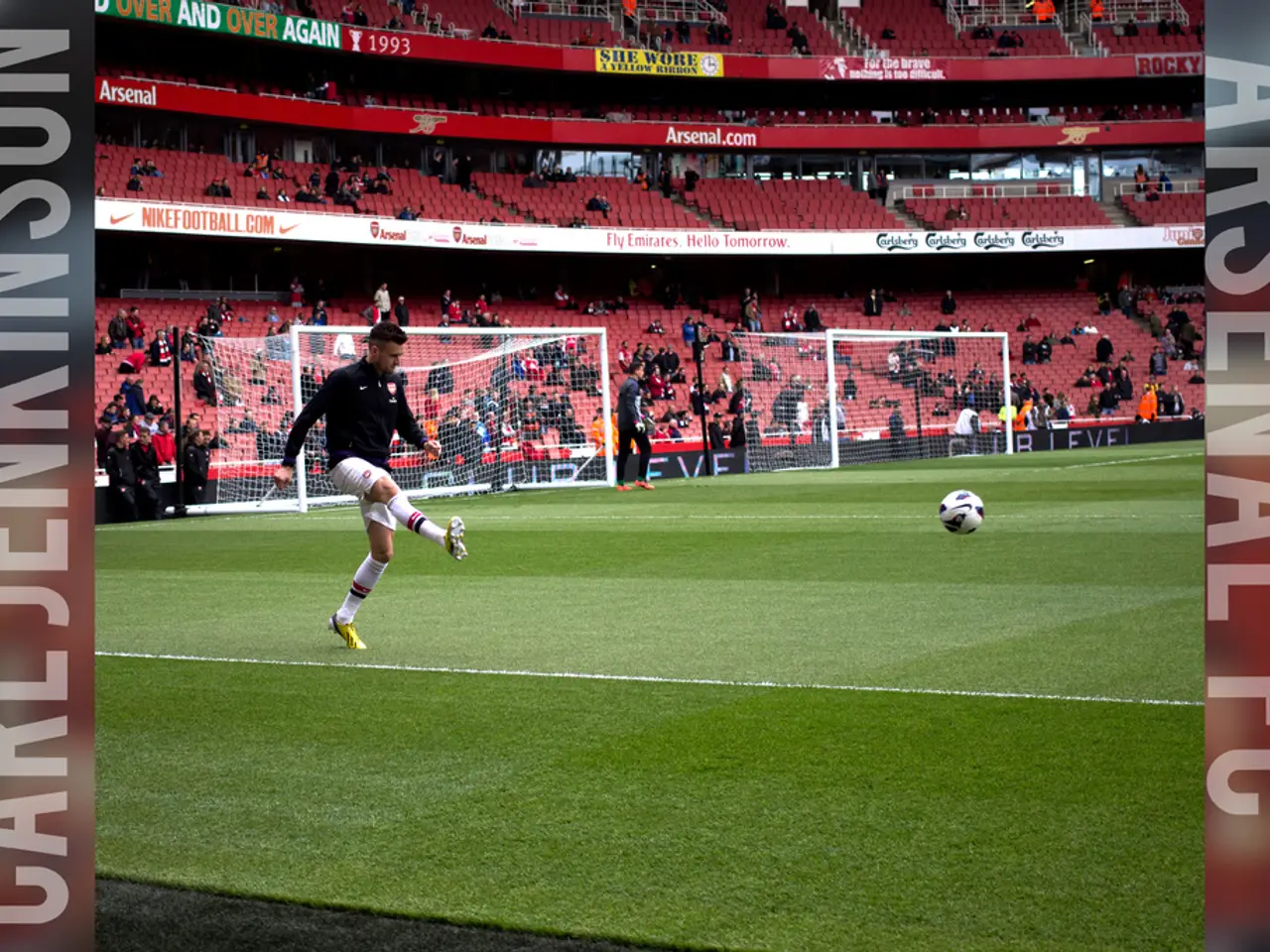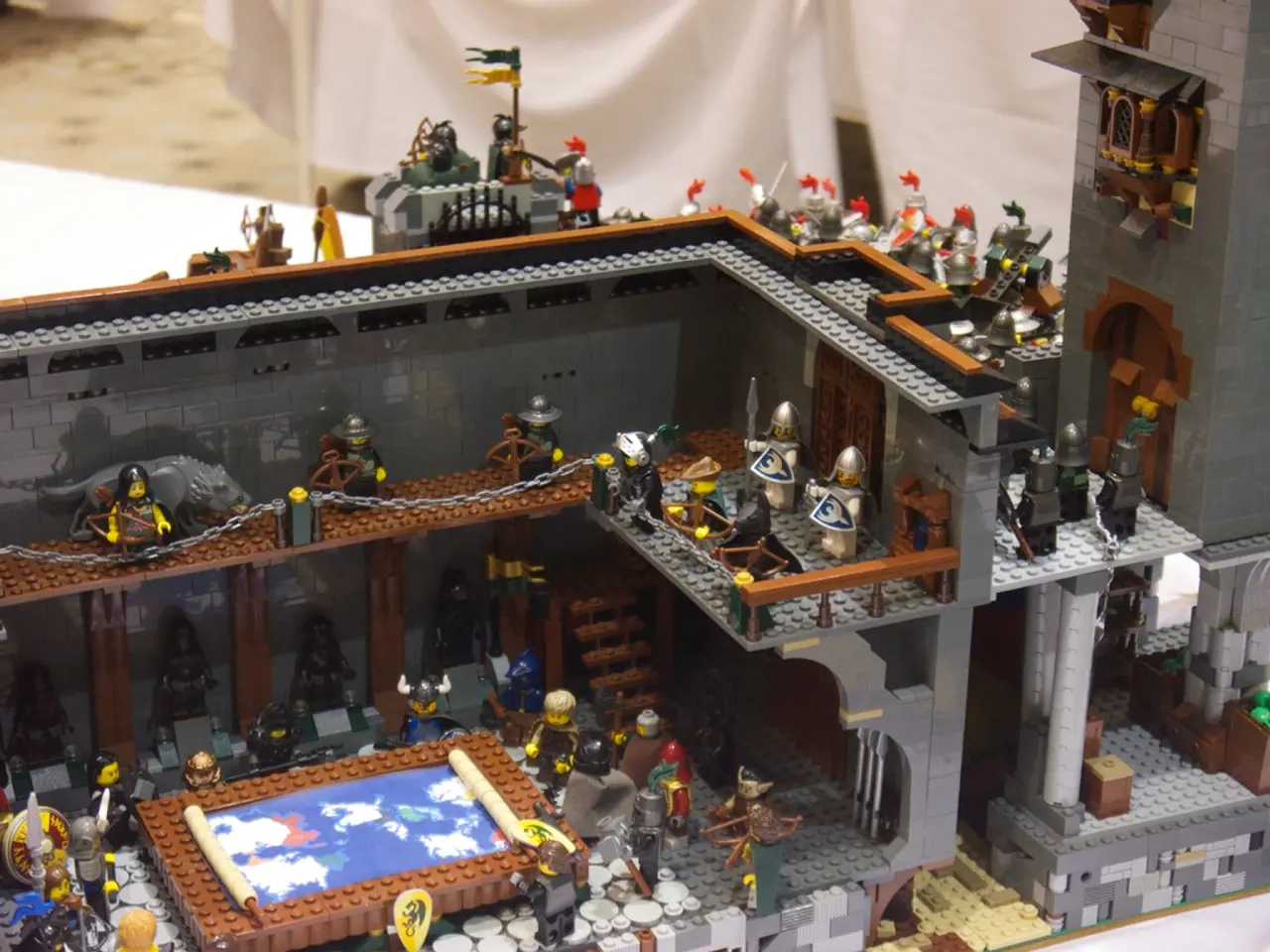Syrian military makes progress in Druze town of Sweida; Israel conducts air attacks - Government forces from Syria advance into Suweida city, while Israel conducts aerial attacks
In the heart of Syria, the city of Suweida is currently grappling with intense sectarian clashes between Druze militias and Sunni Bedouin clans. The conflict, which has resulted in over 30 fatalities and nearly 100 injuries, has been triggered by a series of kidnappings, including the abduction of a Druze vegetable merchant by armed Bedouin tribesmen [1][3].
The local community, struggling to contain the situation, has called upon the Syrian government for assistance. In response, military forces have been deployed to the area, with reports of government troops, including fighters in civilian clothing, engaging in violent clashes [1][3].
Suweida, predominantly inhabited by the Druze minority, has historically experienced tensions with neighboring communities, particularly the Bedouin tribes. These tensions are often fueled by sectarian differences and competition for resources [1][4]. The broader instability caused by the Syrian Civil War has further weakened state institutions and exacerbated local conflicts.
External influences, such as the involvement of Israel, have also contributed to the instability. Israel has previously attacked Syrian government forces in Suweida for the protection of the Druze community [4]. However, the absence of effective governance and the presence of security vacuums created by the conflict have made it challenging for local communities to resolve their differences peacefully [1][4].
Key factors contributing to the tensions include sectarian differences, resource competition, and external influences. The distinct religious and cultural identities of the Druze and Bedouin communities can lead to misunderstandings and conflicts. Competition over resources such as land and economic opportunities can further exacerbate tensions. External actors, like Israel, have sought to influence the region, creating additional complications [4].
Recent events, such as the kidnapping of the Druze merchant and subsequent retaliations, highlight the ongoing challenges of maintaining peace in regions with deep-seated sectarian and resource-based tensions. The involvement of external actors and the absence of effective governance have contributed to the instability, making it difficult for local communities to resolve their differences peacefully [1][4].
[1] BBC News. (2021, July 22). Syrian government sends troops to Suweida amid clashes between Druze and Sunni tribes. [online] Available at: https://www.bbc.com/news/world-middle-east-57963910
[2] Al Jazeera. (2021, July 22). Druze, Sunni clashes in Syria's Suweida leave dozens dead. [online] Available at: https://www.aljazeera.com/news/2021/7/22/druze-sunni-clashes-in-syrias-suweida-leave-dozens-dead
[3] Reuters. (2021, July 22). Syrian army enters Suweida city amid violent clashes with Sunni tribes. [online] Available at: https://www.reuters.com/world/middle-east/syrian-army-enters-suweida-city-amid-violent-clashes-sunni-tribes-2021-07-22/
[4] The New York Times. (2021, July 23). Israel Strikes Syrian Army Vehicles in Suweida for Third Time in a Week. [online] Available at: https://www.nytimes.com/2021/07/23/world/middleeast/israel-syria-suweida.html
- The European Union, being conscious of the ongoing clashes in Syria, might consider providing diplomatic support to help ease tensions in Suweida, particularly in the areas of politics and general news, focusing on the importance of peaceful resolution of disagreements in the context of war-and-conflicts and crime-and-justice.
- As the Syrian Civil War continues to destabilize the region, the use of chemical weapons in such conflicts becomes a matter of concern, prompting the European Union's involvement in the fight against terrorism to extend to these instances, ensuring compliance with international law and encouraging discussion on appropriate measures to prevent such atrocities.
- In light of the unstable political climate in Syria, it's crucial to address the root causes of local conflicts, such as sectarian differences and resource competition, to minimize accidents and ensure safety and security for all communities involved, thus creating a more conducive environment for peace and reconciliation.
